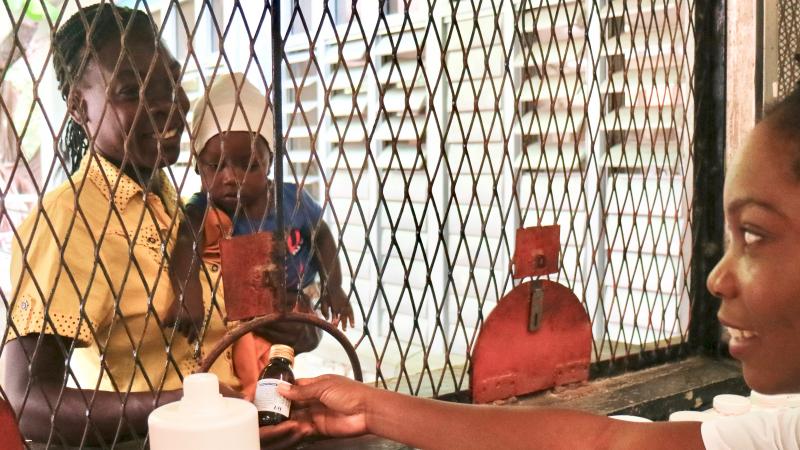Building a Fairer, Healthier World
Health day
On World Health Day, we celebrate the founding of the World Health Organisation (WHO) on April 7 in 1948. This year’s campaign is ‘building a fairer, healthier world’, emphasising the importance of equality in access to healthcare.
WHO estimates that worldwide, 2 billion people have no access to essential medicines, effectively shutting them off from the benefits of advances in modern science and medicine. As an organisation working to bridge gaps in access to medicines and medical supplies in low- and middle-income countries (LMICs), IDA Foundation fully supports the building of a fairer and healthier world.
We believe that access to quality medicines and supplies lies at the basis of a fairer and healthier world. This is highlighted in our long-term goals: Universal Health Coverage, Strengthened Local Capacity and building Sustainable Value Chains, which have also been aligned with the Sustainable Development Goals (SDGs).
The inequalities in access to essential medicines and medical supplies that we have seen over the past decades, were revealed even further by the COVID-19 pandemic. While the whole world is faced with one common problem, many countries are not able to get access to the necessary supplies to fight this global health problem.
This was especially visible with the distribution of Personal Protective Equipment (PPE), and even more prevalent when we look at distribution and roll-out of vaccines against COVID-19. Despite calls from health experts to distribute vaccines evenly, the UN stated in February 2021 that 130 countries did not receive a single dose yet, while ten other countries had already administered vaccinations to 75% of their entire population.
As we look towards the coming year, IDA will continue to focus on bridging gaps in the COVID-19 response as the partner to our customers during the vaccine rollout. But we will also be there to support our global health partners in other disease areas that urgently require attention. Whether it is ensuring patients in LMICs can be protected against malaria with long-lasting insecticidal nets, receive treatment for tuberculosis or HIV/AIDS, or by adding quality-assured essential medicines to our portfolio, so that they become available at affordable prices where they are needed most.
More needs to be done to ensure we reach equality in global health. Will you join IDA in taking steps towards equality in global health? Do not hesitate to reach out to our dedicated team!

